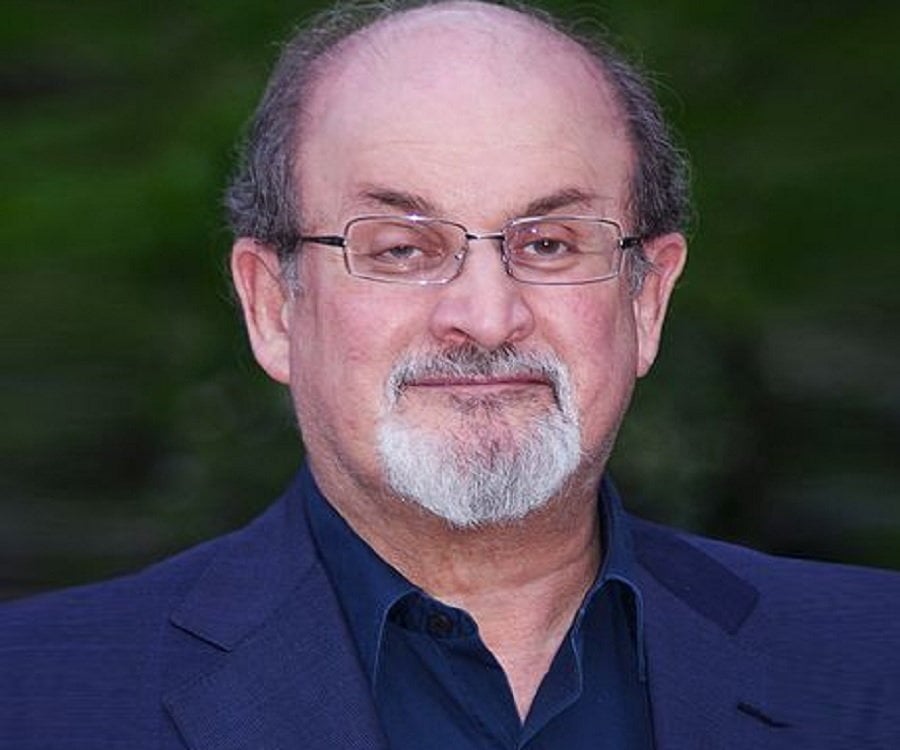

The position that Rushdie took during this literary-domestic spat uncannily prefigured the position he would take nine years later, when confronted by the wrath of another, more punishing patriarch. “My father had studied literature at Cambridge so I expected him to have a sophisticated response to the book, but the person who did was my mother…. Rushdie fils did not deny that Sinai was based on his father-“In my young, pissed-off way,” he would later tell The Paris Review, “I responded that I’d left all the nasty stuff out”-but he objected to his father’s wounded reaction and thought it revealed a crude understanding of how novels worked. “I prayed for her to always need me.” Lakshmi's prayer is for her daughter-her memoirs trace her journey to motherhood, through moments like the confusion around her daughter's paternity, the decision to consume her own placenta to combat post-partum depression, resisting the pressure to immediately lose her baby weight, the nastiness of a custody battle, finding piece with her daughter's father and finally, just being a mother.When Anis Rushdie read his son’s novel Midnight’s Children for the first time in 1980, he became convinced that Ahmed Sinai, the drunken father in the book, was a satirical portrait of himself. Her book is dedicated to him and she candidly describes their republican versus democrat squabbles, his calming presence in the delivery room when she gave birth to her daughter who was fathered by another man, and credits him as the man who changed her life by simply loving her unconditionally. He died in 2011, after a brief struggle with cancer. He had thirty more to go.” The media branded him her sugar daddy, but Lakshmi takes control of her narrative and tells her story of love and learning with Teddy Forstmann-who was a billionaire and CEO of IMG. “We continued to trade stories until we reached year thirty-six, when I ran out of years. And much like her scar, she decided to make it her source of power: she is now co-founder of the Endometriosis Foundation of America, and is actively advocating for early diagnosis and raising awareness for this chronic disease. In her memoirs, she details the many surgeries, the toll it took on her idea of her own womanhood, sex life (and in turn, marriage) and the lack of awareness of a disease that led to years of pain and suffering. “Like the scar on my arm, my reproductive system was a liability.” Lakshmi who had suffered from endometriosis for decades was only diagnosed when she was in her late 30s.


 0 kommentar(er)
0 kommentar(er)
